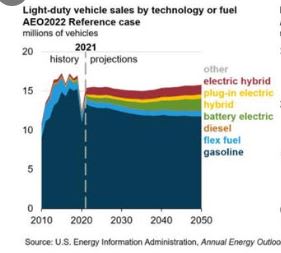Insim29
Automotive
- Apr 13, 2022
- 3
Hello! Im a novice mechanical engineering student from mexico and i want to ask for sites to search good books about engines since i want to do a practical work about them, even better if you directly know some good books, and... for free if i can ask too. Thx!

